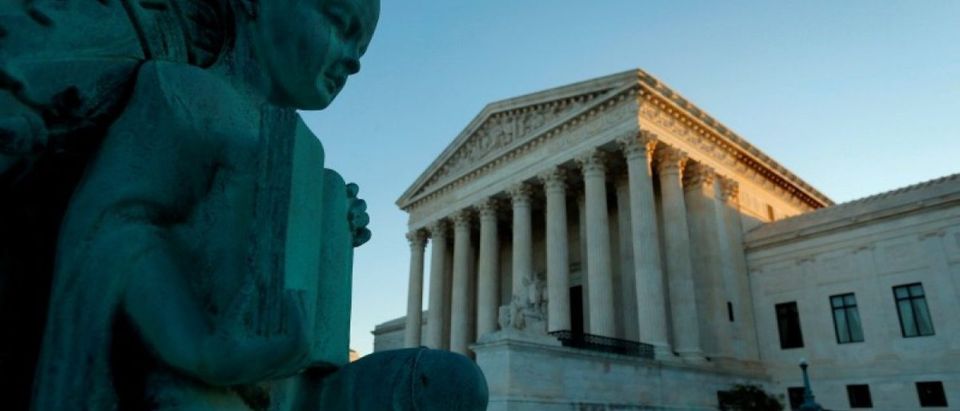The Supreme Court quietly handed a victory to advocates of campaign finance reform Monday, affirming a lower court ruling that upheld a federal ban on so-called “soft money” contributions.
Many observers anticipated the justices would take the case, as the Roberts Court tends to look suspiciously at campaign finance laws. The Court struck down limits on political spending by corporations and labor unions in 2010 and abolished aggregate limits on individual donations in 2014.
Federal law prohibits donors from contributing unlimited sums of money to party committees. Though limits on these contributions exist, they are significantly higher than the limits on donations to individual candidates. Because these donations are not earmarked for a particular candidate, they are not subject to the more stringent rules governing such contributions.
In addition, party committees have historically used these donations for so-called “independent activities” like issue ads or registration drives. This confluence of factors has earned these donations the colloquialism “soft money.”
The Republican Party of Louisiana (LAGOP) challenged the federal limits on soft money donations to state and local committees. The organization argued that Congress cannot limit donations to party committees for independent activities. As the Campaign Legal Center explains, LAGOP argues Congress’ legitimate interest in regulating soft money to mitigate against corruption can’t apply to state and local committees. In their view, donations to these committees have no corrupting effect because they are not spent in connection with a candidate.
Justice Clarence Thomas and Neil Gorsuch supported hearing the case, an early sign that Gorsuch follows conservative orthodoxy in the campaign finance area.
The decision marks the second time in recent years that the justices have directly engaged soft-money bans. The Court declined to take a challenge to the ban in 2010 over the objections of Justices Antonin Scalia, Anthony Kennedy and Clarence Thomas. As such, the prospects of judicial abolition of the ban are now lower than ever.
“I’m disappointed in the decision, but it’s not that big of a surprise,” said Hans A. von Spakovsky, director of the Heritage Foundation’s Election Law Reform Initiative. “It’s now pretty clear that the Court is just not going to get into this part of McCain-Feingold, and if the parties want these provisions to change, they’re going to have to go to Congress.”
Send tips to kevin@dailycallernewsfoundation.org.
All content created by the Daily Caller News Foundation, an independent and nonpartisan newswire service, is available without charge to any legitimate news publisher that can provide a large audience. All republished articles must include our logo, our reporter’s byline and their DCNF affiliation. For any questions about our guidelines or partnering with us, please contact licensing@dailycallernewsfoundation.org.


